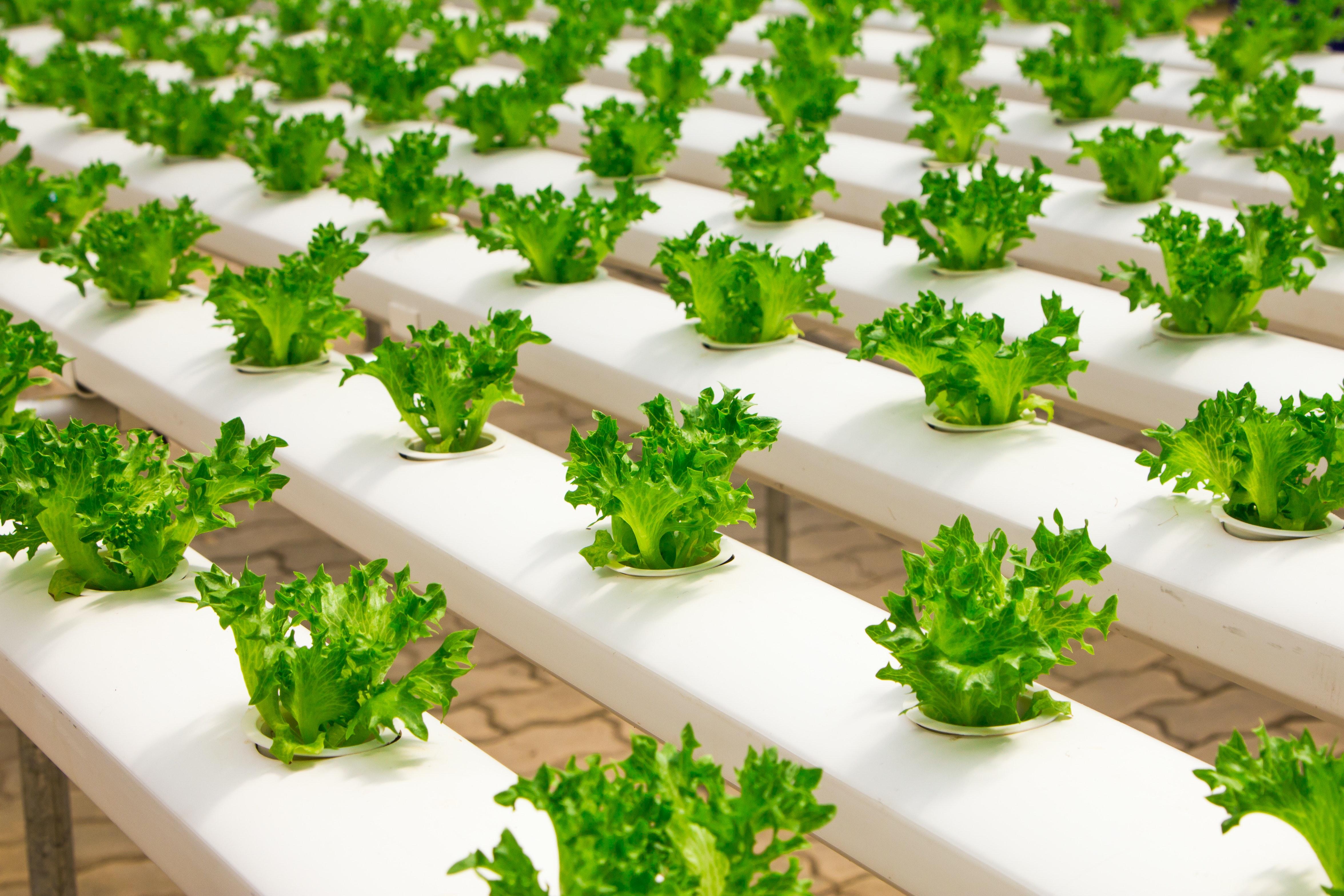Advantages of Hydroponic Farming in India

What is hydroponics?
Hydroponics meaning: Hydroponics is a modern agricultural technique that involves growing plants without using soil. Instead, plants are cultivated in water-based nutrient solutions, providing them with all the essential minerals necessary for growth. which means water, and "ponos," which means labour, and reflects the emphasis on water-based cultivation.
What is hydroponic farming?
Hydroponic farming is an innovative agricultural practice that involves cultivating plants without using soil. Instead, plants are grown in nutrient-rich water solutions, which provide them with essential minerals for growth. This soil-less method allows for precise control over environmental factors such as water, nutrients, and pH levels, resulting in accelerated plant development, increased crop yields, and efficient resource utilization.
Hydroponics farming can be implemented in various settings, including large-scale commercial farms and small-scale home gardens. By offering year-round cultivation, reduced water usage, and the potential for urban farming, hydroponic farming presents a sustainable and productive solution to modern agricultural challenges. The hydroponic farm utilizes advanced agricultural practices for soil-less cultivation of plants. India explores various types of farming, including the innovative technique of hydroponics.
Hydroponics at Home: A New Frontier in Urban Farming
Hydroponics has opened up exciting possibilities for individuals to embark on home-based farming ventures. With hydroponic systems designed specifically for domestic use, anyone can create a mini indoor garden, transforming their living spaces into thriving hubs of fresh produce. From leafy greens and herbs to tomatoes and strawberries, a wide range of crops can flourish in hydroponic farming at home.
Hydroponic Farm in India: Empowering Sustainable Agriculture:
In India, where agricultural land is limited and water resources are often scarce, hydroponics offers a promising solution for sustainable food production. The hydroponic farm has been established across the country, particularly in urban areas, making use of vertical spaces, rooftops, and abandoned buildings. These farms utilize advanced techniques to maximize crop production and minimize environmental impact. Hydroponic farming in India is gaining traction as a modern agricultural method, revolutionizing traditional practices without the need for a tractor.
Hydroponic Farming Setup Cost in India:
Setting up a hydroponic farm in India requires some initial investment, but the returns can be significant. The cost of a hydroponics setup is determined by several factors, including the size of the farm, the type of system employed, and the crops chosen. While commercial-scale hydroponic farms involve larger investments, smaller-scale setups for home use can be affordable and manageable. The Hydroponic kit, available in the market, provides a convenient way to begin your hydroponic journey. Hydroponics farming and terrace farming are both innovative techniques that optimize space and resources to maximize crop yields.
Advantages of hydroponics:
Efficient water usage: Hydroponic systems use up to 90% less water compared to traditional soil-based agriculture. The closed-loop nature of hydroponics allows for water recycling, minimizing wastage, and ensuring optimal utilization.
Year-round cultivation: Hydroponics enables farmers to grow crops regardless of seasonal variations. By providing controlled environments, such as greenhouses or indoor facilities, hydroponic farming allows for year-round cultivation, reducing dependence on weather conditions and extending the growing season.
Higher crop yields: By providing a precisely controlled environment, hydroponics maximizes plant growth potential. The availability of a consistent supply of nutrients, water, and optimal pH levels results in faster growth rates and higher crop yields. Studies have shown that hydroponic systems can produce up to 30% more crops compared to traditional farming methods.
Space efficiency: Hydroponics can be implemented in urban areas, rooftops, or other space-constrained locations, making it an ideal solution for urban farming. Vertical farming, a type of hydroponic system, utilizes vertical space efficiently, allowing farmers to grow crops in multi-story structures, thus maximizing productivity per square meter.
Reduced reliance on pesticides and herbicides: hydroponic systems are inherently less prone to pest infestations and diseases. The controlled environment minimizes the need for chemical interventions, resulting in cleaner, pesticide-free produce.
- Art
- Causes
- Crafts
- Dance
- Drinks
- Film
- Fitness
- Food
- Giochi
- Gardening
- Health
- Home
- Literature
- Music
- Networking
- Altre informazioni
- Party
- Religion
- Shopping
- Sports
- Theater
- Wellness




